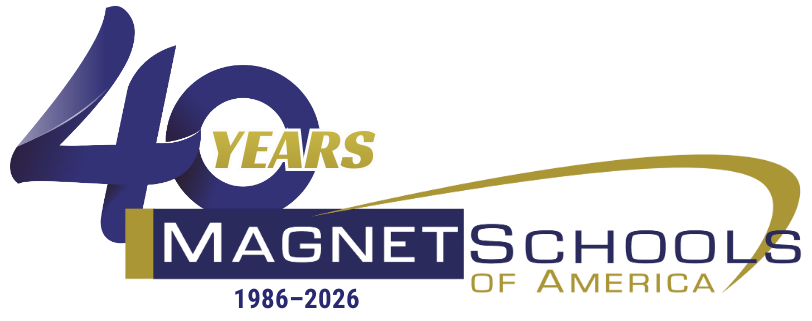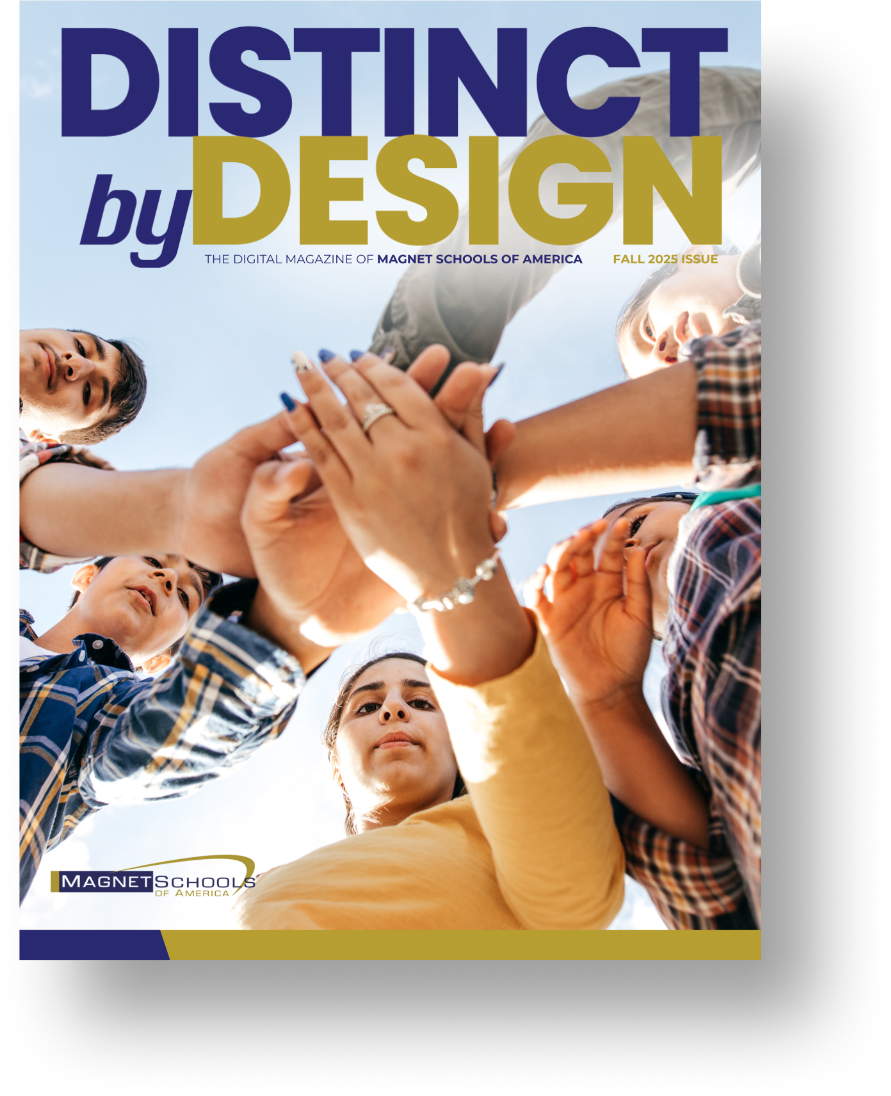
This year, as we mark the 70th anniversary of the Brown v. Board of Education decision, America’s public schools continue to grapple with persistent racial and socioeconomic segregation and unequal access to educational resources and opportunity. Magnet Schools of America will host a symposium this summer to reflect on Brown’s impact on education, assess progress in promoting integration and equal opportunity, and chart a course for inclusive education. The event aims to inspire dialogue and action towards achieving equal educational opportunity for all by examining the past and envisioning the future of equal educational opportunity in America’s schools.
Through engaging keynote speeches, panel discussions, workshops, and interactive sessions, participants will explore a range of topics, including:
- Historical Perspectives: Examining the context, significance, and aftermath of the Brown decision, and its impact on the civil rights movement and American society.
- Educational Equity: Assessing the current state of educational opportunity and access, identifying persistent disparities, and exploring strategies for promoting equity and closing achievement gaps.
- Access and Advocacy: Addressing systemic barriers to educational equity, including racial segregation, socioeconomic inequality, and inequitable funding, and advocating for policies and practices that promote equal opportunity.
- Culturally Responsive Pedagogy: Exploring approaches to teaching and learning that honor students’ diverse backgrounds, experiences, and identities, and foster inclusive and affirming learning environments.
- Community Engagement: Highlighting grassroots efforts, community partnerships, and collective action initiatives aimed at advancing educational equity and empowering marginalized communities.
Save the date and join us for an intensive and engaging event about Brown’s impact on the past, present, and future of education in America. By convening diverse voices and perspectives, this conference seeks to inspire dialogue, collaboration, and action toward the realization of Brown’s promise of equal educational opportunity for all.



